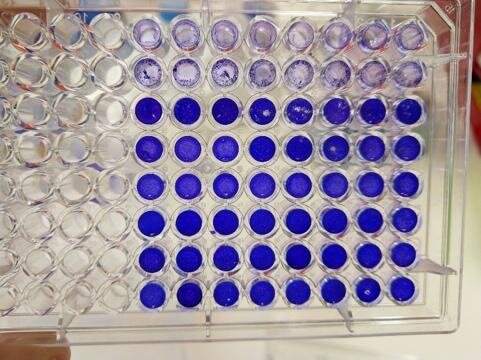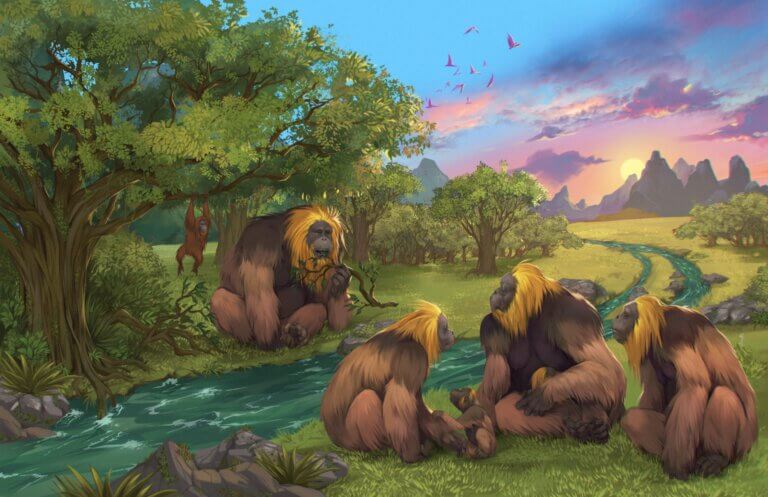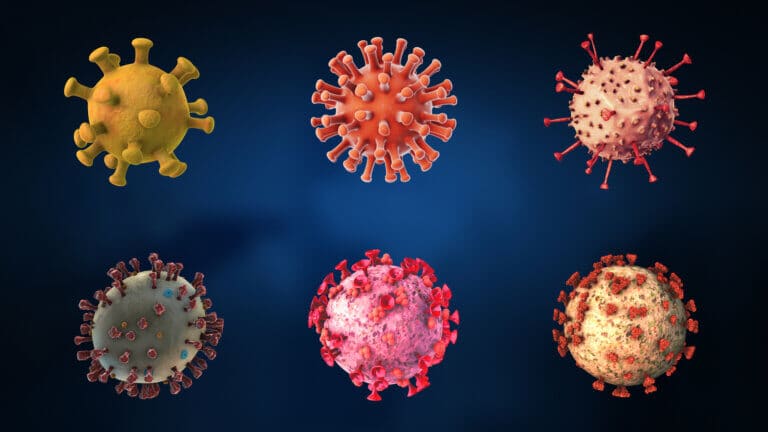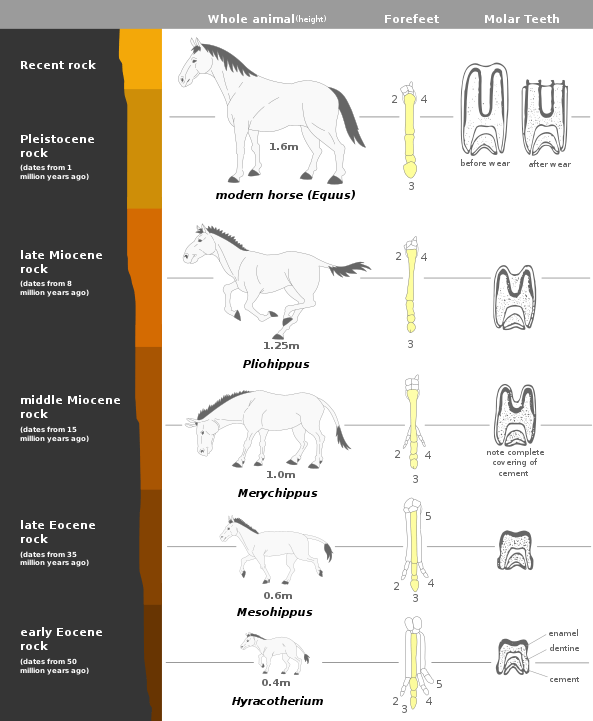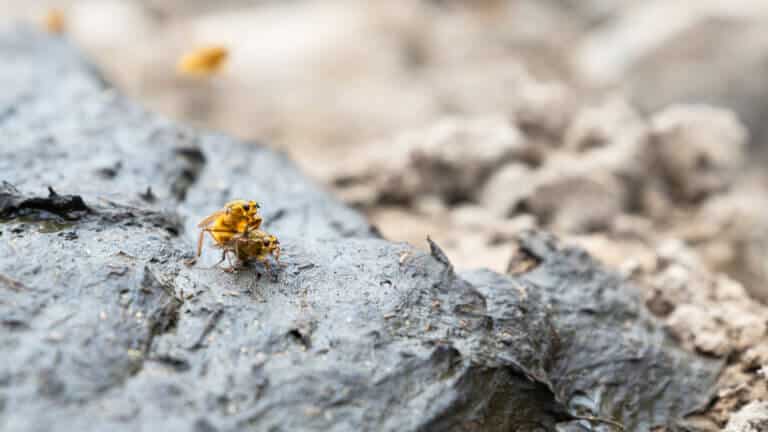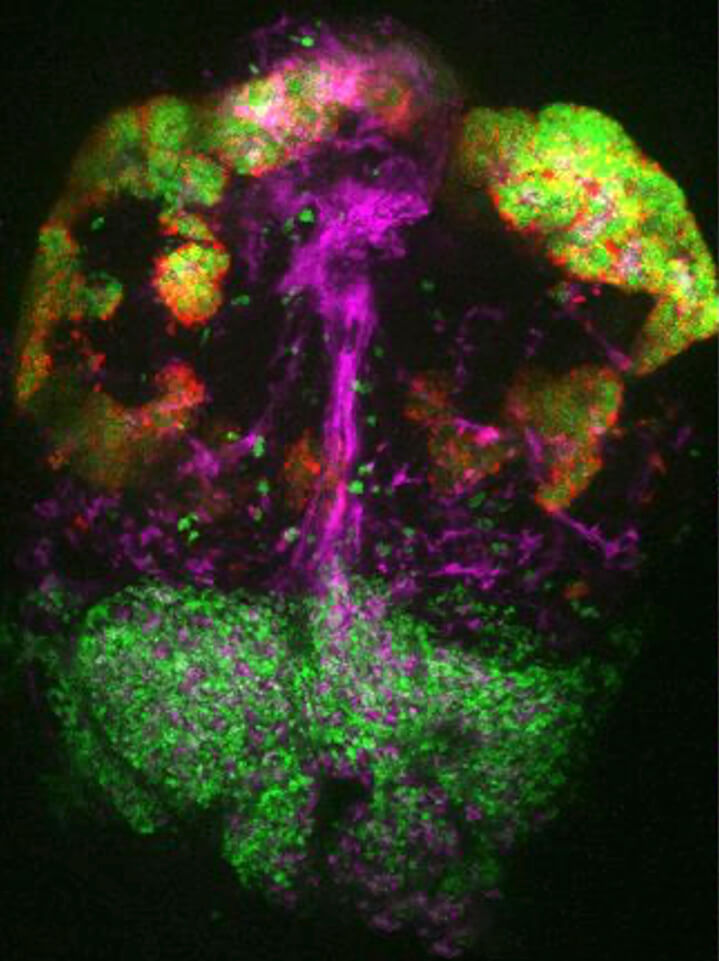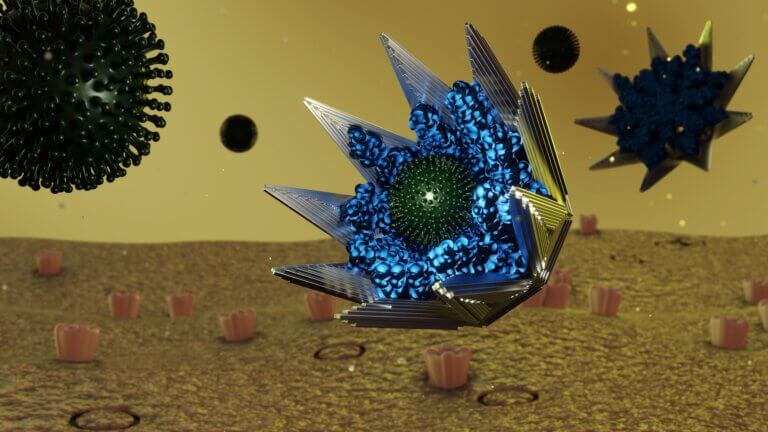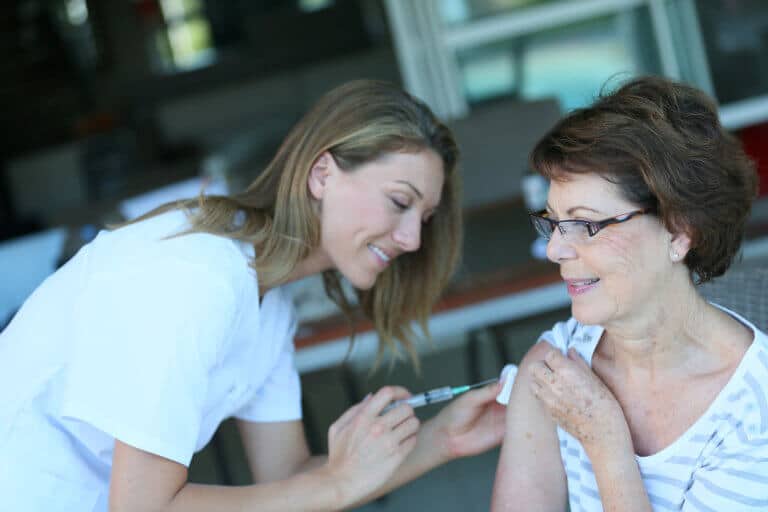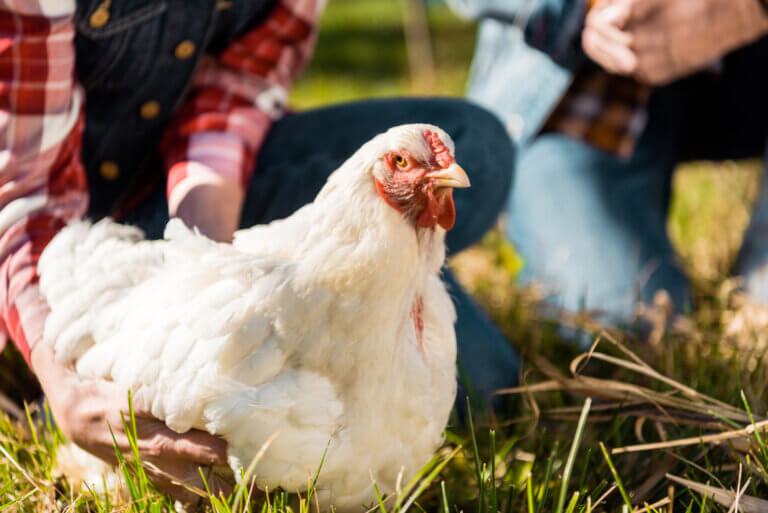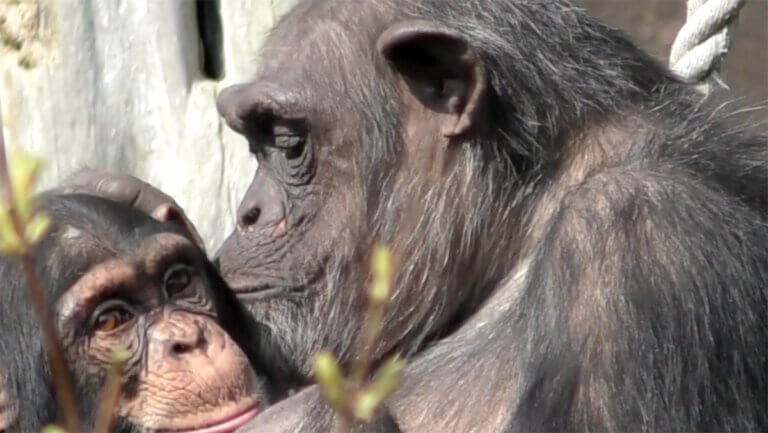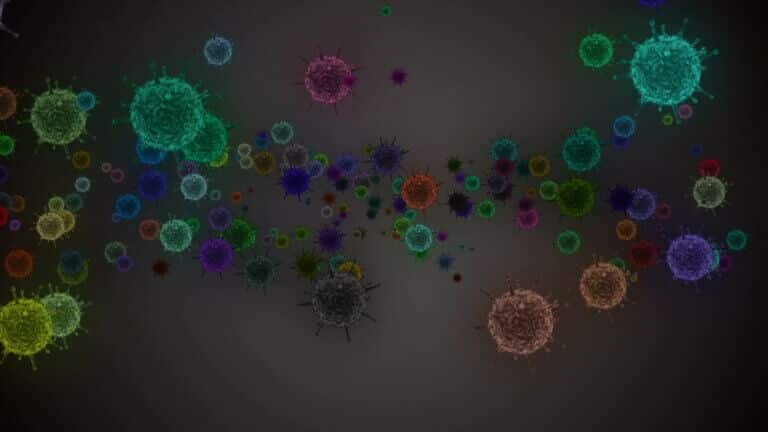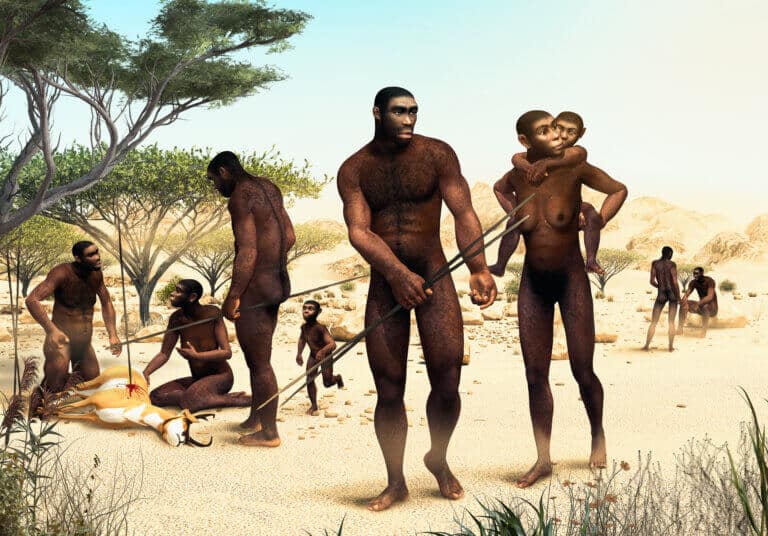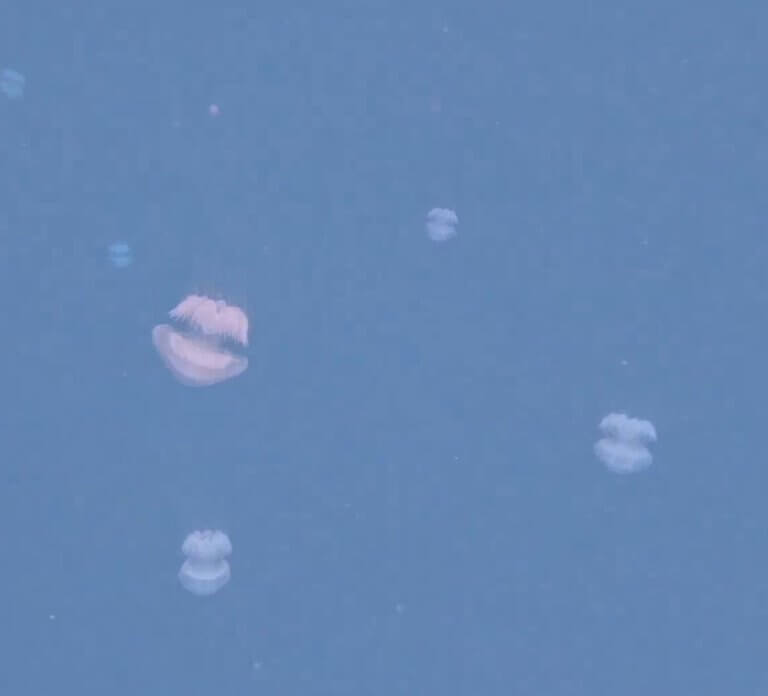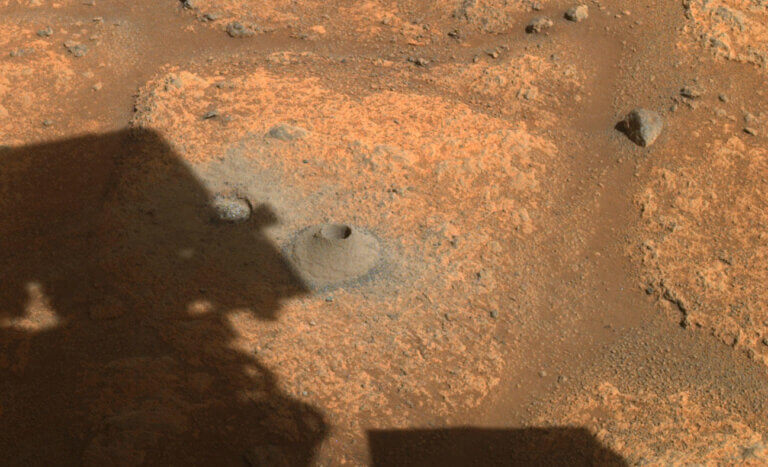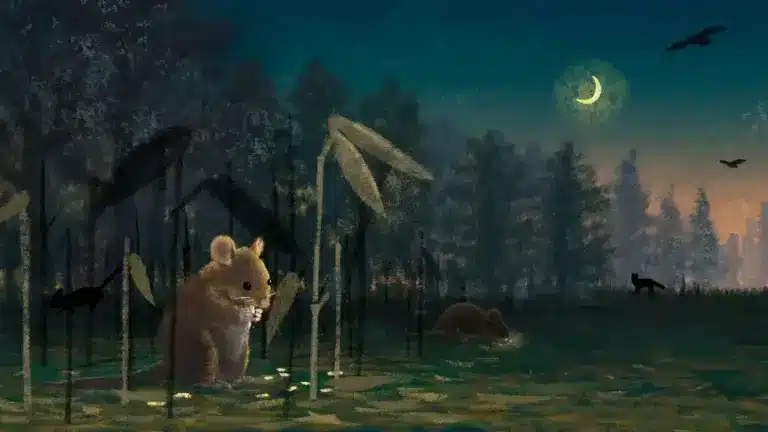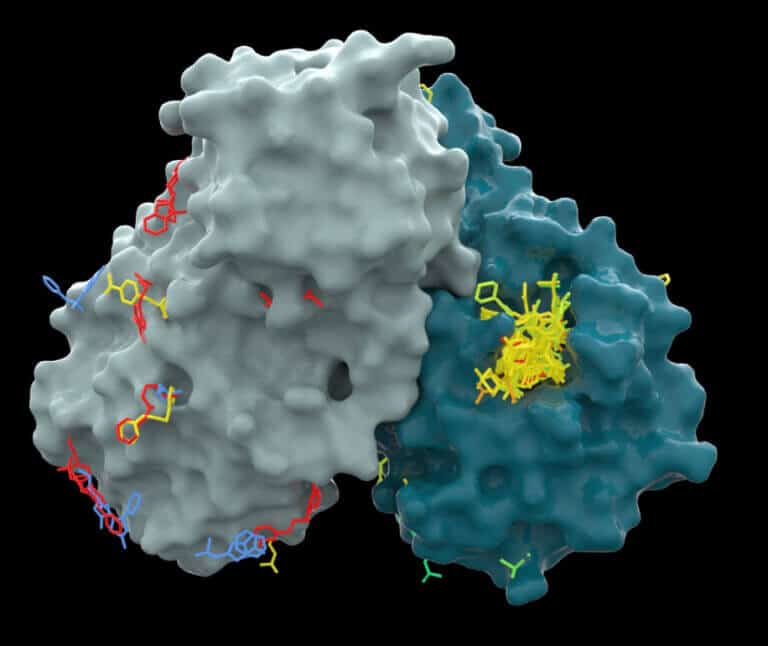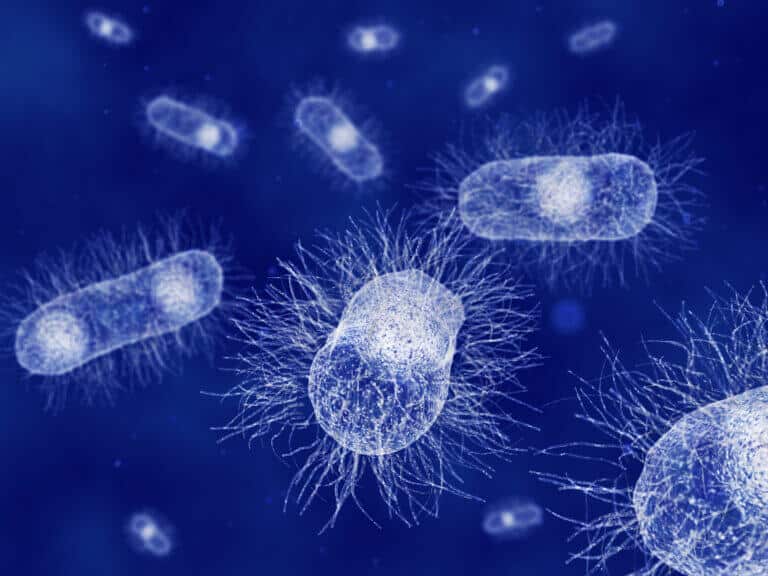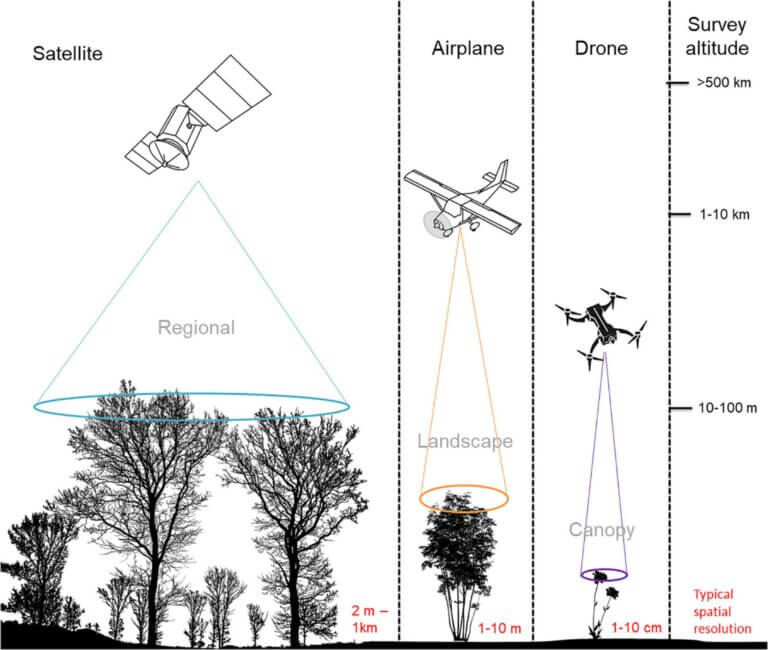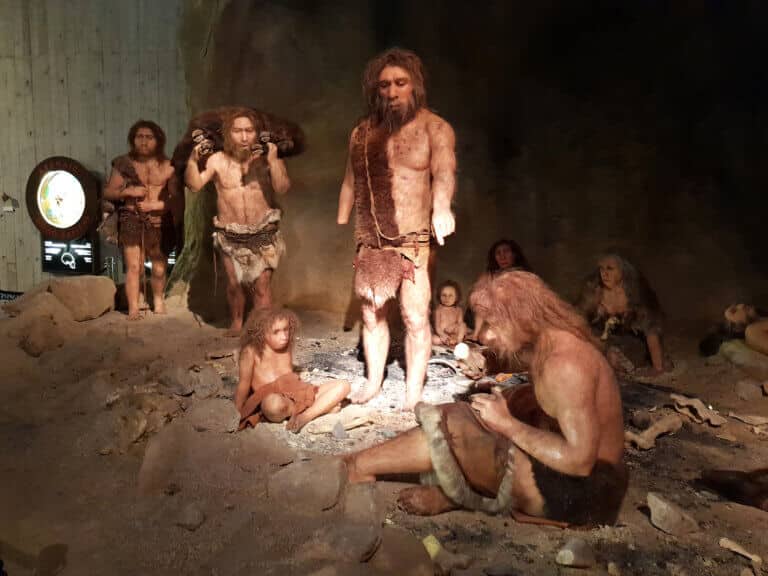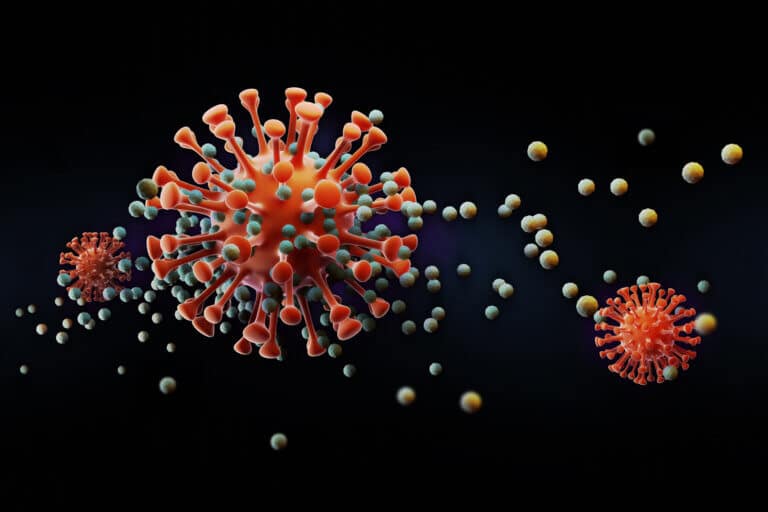Hayadan > Biology and Medicine > Evolution and nature > Page 2
Evolution and nature
- The Voice of Science website - the Israel National Science Foundation
- February 28, 2024
Researchers used RNA sequencing of individual cells to characterize the ways in which the corona virus spreads in the cells of the body, and in the general population
- Avi Blizovsky
- February 25, 2024
- 3 תגובות
In the spectacular karst landscapes of southern China, giant apes, known as Gigantopithecus blacki, once roamed. They were three meters tall and weighed about 250 kilograms. They became extinct about 300 thousand years ago. The reasons for the extinction of these apes remained a mystery for years
- The Voice of Science website - the Israel National Science Foundation
- February 23, 2024
A study in immunocompromised patients found that the corona virus develops mutations while hiding in the lungs, which can help its spread in the rest of the population
- Dr.Roey Tsezana
- February 14, 2024
Thanks to an accidental discovery in the laboratory, researchers were able to improve plant growth and give them resistance to drought and salinity conditions, by exposing their seeds to a plant hormone in a simple and easy-to-apply process
- Angle - a news agency for science and the environment
- February 11, 2024
A new study reveals that about half of Americans are afraid to vaccinate their dogs, thereby risking the spread of rabies and other diseases that can harm the animal - and humans. And what is the situation in Israel?
- Avi Blizovsky
- February 10, 2024
- 5 תגובות
Research: A New Understanding of Animal Size Changes Over Time: Competition, Ecological Pressures, and Cope's Law
- Bar-Ilan University
- February 6, 2024
The research insights of Yulia Rivkin from the Faculty of Life Sciences in Bar-Ilan open up an opportunity for in-depth research into the effect of stress on the nervous system
- Weizmann Institute
- February 6, 2024
Weizmann Institute scientists are challenging a 200-year-old doctrine about the formation of the gland from the secretion of hormones. Their findings may lead to new approaches in the treatment of various medical problems
- Weizmann Institute
- January 27, 2024
An algorithm developed by the institute's scientists heralds a leap forward in the field of humanizing antibodies and may enable the rapid, efficient and cheaper development of new drugs. The key: stability
- Avi Blizovsky
- January 22, 2024
- No comments
People aged 65 and older who were vaccinated had a 41% lower risk of being hospitalized with the flu in general and among the severe patients - a 45% lower risk of going to intensive care
- Weizmann Institute
- January 20, 2024
The growth of wheat has become an Israeli symbol of hope and renewal after a disaster. So are Prof. Avraham Levy's field experiments in the Gaza Envelope, which continue a glorious Israeli legacy of researching the evolution and genetics of the world-famous grain
- Avi Blizovsky
- January 12, 2024
- 5 תגובות
Research led by the University of Queensland has found that humans can tell if chickens are excited or disappointed, simply by the sound of their clucking
- Avi Blizovsky
- January 11, 2024
- No comments
Great apes recognize pictures of group members they haven't seen in more than 25 years and respond more enthusiastically to pictures of their friends, new research suggests
- Weizmann Institute
- January 11, 2024
Drug safety tests often focus on "physiological safety", meaning their possible effect on patients. Weizmann Institute of Science scientists propose a new type of test: evolutionary safety
- Avi Blizovsky
- January 10, 2024
- 4 תגובות
Sediment studies in the Mediterranean reveal the existence of a green corridor in the Sahara desert that emerged at the exact time when our ancestors migrated from Africa about 2.1 million years ago
- Haifa University
- December 21, 2023
- 2 תגובות
After an unusually jellyfish-free summer, a swarm of wandering filamentous jellyfish has been seen in recent days off the coast of Haifa
- Avi Blizovsky
- December 3, 2023
- 5 תגובות
- Avi Blizovsky
- November 23, 2023
- No comments
Their findings highlight the importance of understanding the needs of both plants and animals to ensure the health of local ecosystems. They also overturn a previously held belief about how mice store seeds
- Weizmann Institute
- November 12, 2023
A tweet by Prof. Nir London from the Weizmann Institute of Science grew into an international partnership to find a cure for Corona based on the principles of open science and crowd wisdom. Now the scientists involved are laying the groundwork to deal with the next epidemic
- Dr. Moshe Nahamani
- November 1, 2023
- 3 תגובות
- The Voice of Science website - the Israel National Science Foundation
- October 28, 2023
Researchers have developed a catalytic antibiotic - which causes cutting and fission of targets in the bacteria - and as a result, its death
- Dr. Moshe Nahamani
- October 25, 2023
- One response
Satellites and drones can provide vital information that can contribute to the protection of nature's pollinators. New research is exploring new ways to utilize these technologies to track the availability of flowers, where this research may be combined with behavioral studies to see the world through the eyes of insects
- Avi Blizovsky
- October 22, 2023
- No comments
It is definitely possible to train a dog with toys if you start very early," said the lead researcher from the University of Florida. "This is what we do with search and rescue dogs, we start very early with toys as reinforcers."
- Avi Blizovsky
- October 20, 2023
- 2 תגובות
- The Voice of Science website - the Israel National Science Foundation
- October 19, 2023
About two components that help COVID-19 make its proteins and multiply

